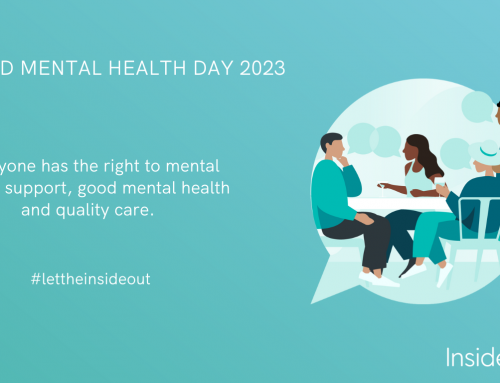We all have mental health, just as we all have physical health.
Our mental health fluctuates on a daily basis on a spectrum between good and poor mental health. It’s perfectly normal to feel down at times and happy on other occasions, but if you, or someone you know, feel stuck in the lower end of the mental health spectrum for a prolonged period of time, then you could be experiencing poor mental health or a mental health problem.
How can you identify the signs of poor mental health?
First and foremost it’s crucial to remember that only mental health professionals can diagnose a mental health problem and, when addressing such a sensitive topic, it’s always useful to keep in mind the importance of not making assumptions and that everyone is different. The following should therefore be used as a guide only.
Here is what to look out for:
• changes in people’s behaviour, mood or how they interact
• changes in their work output, motivation levels and focus
• struggling to make decisions, get organised and problem solve
• appearing tired, anxious or withdrawn or losing interest in activities and tasks they previously enjoyed
• changes in eating habits and increased smoking / drinking
Author: Sarah Speziali, Chief Therapist at InsideOut
Reference:






